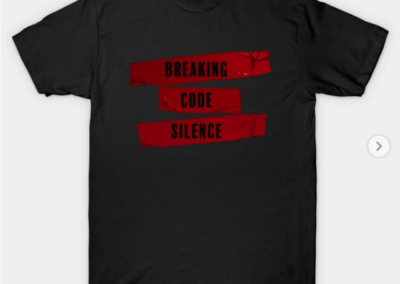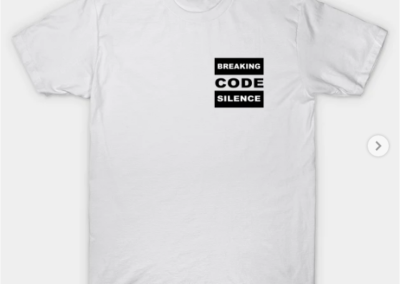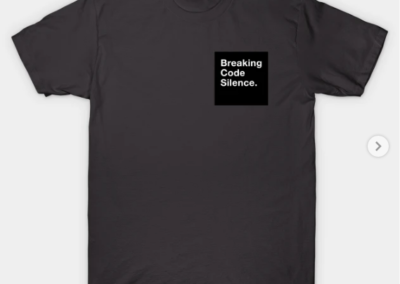We’re going to start examining the motion for a new trial and sentencing for Ben Trane. This happened on the same day and it took the entire day so we’re going to have to break it up into several posts since the transcripts are 271 pages long. In each post, we’ll post the link to the complete part of the transcripts on the bottom under the highlights we point out.
There was a conversation in chambers that Ben’s lawyer brings up and the judge gets upset at the lawyer for what he believes is misrepresenting him. The judge also points out that the verdict was delivered in December and it’s already May without a sentence so the judge felt the sentencing was late per the court rules and didn’t want to delay it further. The new lawyer wants to argue for ineffective counsel despite the fact that Ben Trane originally asked for the trial to be fast tracked against his original lawyer’s advice.
MR. PARRISH: Judge, for the record, I want to outline what happened in chambers. And the State will quickly correct me in regard to this matter, if necessary. We went into chambers with the Court. The Court indicated, after the State made an objection, that the Court could not hear any issues with regard to a Motion for New Trial that pertained to ineffective assistance of counsel; that it read our cases on this point; it read the State’s cases on this point; and saw that in one of our cases, I think Tjernagel, and perhaps another case that was presented to the district court; and, we argued to the Court off the record that any other grounds that the Court could consider in this matter could be considered in a Motion for New Trial. We also indicated to the Court that the rule that we quoted on the ground for the Motion for New Trial, which is 2.24(2)(b), indicated that the Court could, in fact, hear those issues related to the Motion for New Trial, which would include what we believe would be other grounds. We also indicated to the Court that 822 was not the exclusive remedy for ineffective assistance of counsel and the Court does have the power to consider that. I believe the Court indicated that it had already ruled on those points in trial and made reference–at least had a piece of paper in its hand–with regard to that matter. We then told the Court if, in fact, we would–if the Court was not going to listen to our evidence on the issue of ineffective assistance of counsel that we would ask the Court, then, to consider an offer of proof on ineffective assistance of counsel. I believe the Court responded: Then I don’t have to listen. And that was the response that the Court gave to me in chambers with counsel present at that time. And I said–I told the Court, I said, I did have a right under Parrish v. Denato, to make an offer of proof with regards to this matter if the Court was not going to listen to the evidence. Then the Court responded: Then I’m not going to let you make an offer of proof. I then indicated to the Court, if you’re not going to let me make an offer of proof with regard to these matters–
THE COURT: Whoa, whoa. I believe it was more in the nature of that you can make a verbal offer of proof if you wish, not testimony. Okay. Go ahead.
MR. PARRISH: I guess I didn’t hear that part, where there was not testimony, but that I can make a verbal offer of proof. Is that what the Court is telling me I can do now?
THE COURT: Well, I think that’s what I said in there.
MR. PARRISH: Maybe I didn’t hear you. Because my response, Judge, is if you were not going to let me make an offer of proof, I referred you to the case of Parrish v. Denato, and then I indicated that I thought that case was on point, and there were several cases that came after that that are directly on point. I then told the Court that if you’re not going to let me make an offer of proof, then we’re going to file an emergency appeal to the Iowa Supreme Court. You waived your hand–put both hands up in the air (indicating) and demonstrated in this fashion. And I said: Do I have time to do that? And you said: Yes, you have five minutes; that you can go out and call, which I did. I called my office. I explained to them that you were going to deny me a right to make an offer of proof. I also told the office to begin preparing an emergency appeal to the Iowa Supreme Court based on the fact that you were not going to consider an ineffective assistance of counsel claim in a motion for new trial, and also that you were denying me to file a–to make an offer of proof. I also told them that they should work on that immediately. I also had asked the Court could I have additional time in which you would delay this matter in order for me to take the matter up to the appellate court, and you said, no.
THE COURT: Well, let me explain that a little bit first. The verdict in this case was issued–or rendered by the jury on December 22 of last year. We’re now in May of 2018 still hearing this. The Motion for New Trial was way late under the rules, filed on March 27, I believe. To delay this matter any further is ridiculous.
Parrish questions the judge’s decisions and fairness.
MR. PARRISH: And then after that, I would like to make our offer of proof with regard to the ineffective assistance of counsel. I would then ask the Court, on the record, for a continuance to allow us to take this matter to the appellate court, because I think the ruling by the Court was made before you could listen to the arguments in this case, and also that you came into court with your mind made up with regard to the decision. So we believe, Judge, that you should have at least given us an opportunity to listen to our argument prior to your ruling in chambers on this matter. And we would ask, Judge, if you would consider whether or not you can be fair under these circumstances in light of what has just taken place. Can you be fair to Mr. Trane?
THE COURT: Don’t question me, Mr. Parrish. All right. Let me make a couple points here. You’re the one who asked for the conference. I have researched all the documents, all the briefs, everything. The ruling is based on the arguments made here today, the briefs, a review of the cases. I’ve looked up other cases. That’s why I ruled the way I did.
Sentencing Part 1











